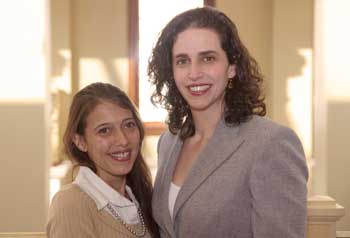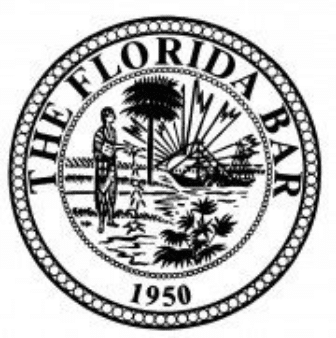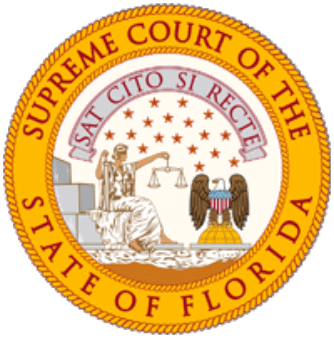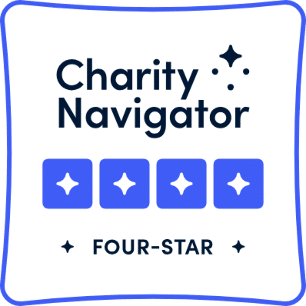[one_half extra=”” anim=”bounceInRight”]

“I am the warrior, and she is the soldier,” Guzman said.
[/one_half]
At 4 feet 9 inches tall and 85 pounds, Elizabeth Guzman is dead serious when she calls herself a warrior.
“God only gives us what we can bear,” she said. “I wish I weren’t so strong.”
The 40-year-old cancer survivor is not referring to her ongoing life-or-death battle with disease. Her own health, all too often, is her last concern.
Guzman reserves her strength instead for her three children, apportioning the lion’s share to her 17-year-old daughter Mariha. Born healthy, Mariha contracted spinal meningitis as an infant. The damage to her then 2-week-old brain was catastrophic. But like her mother, Mariha is a survivor. And with her mother’s care, she has already long outlived the life expectancy her doctors gave her initially.
After the meningitis left Mariha with limited vision, hearing, cognition and mobility — and a host of conditions including cerebral palsy and stunted growth — doctors at Yale-New Haven Hospital recommended that she be institutionalized, Guzman said.
“I told them, ‘God gave you the right to save her life, not dictate it,’ ” she said.
Guzman kept her daughter and gave up her career as an executive assistant to care for her, only to face the threat of having her taken away 16 years later when someone called the Florida Department of Children and Families to report that her three children were missing doctor’s appointments.
That’s when Ericka Garcia, a Guardian ad Litem attorney with the Legal Aid Society of the Orange County Bar Association, met Guzman at a dependency hearing and offered to take Mariha’s case.
Garcia began her career at Legal Aid in 2009 as an Equal Justice Works Fellow funded by The Florida Bar Foundation and the law firm of Greenberg Traurig, each of which provided $37,500 to support her legal advocacy for foster children with developmental disabilities. The Legal Aid Society already had a Guardian ad Litem project long funded by The Florida Bar Foundation through its Children’s Legal Services grant program, which provided $89,371 for the project in 2012. But staff had identified the need for a Guardian ad Litem attorney focused on the developmentally disabled population.
The fellowship enabled the Legal Aid Society to create such a position, which was a perfect fit for Garcia, whose brother has a developmental disability and is a source of inspiration for her. Since 2009, Garcia has helped about 300 children who have, or are suspected of having, a developmental disability. Although Garcia’s fellowship ended in 2011, she has been able to carry on her work thanks to Orlando-based Dr. Phillips Charities, which just renewed its support with a grant of $42,480 for a second year. Dr. Phillips sees the project as a potential model that can be replicated elsewhere with the help of a procedures manual Garcia will develop.
The day of the dependency hearing at which Guzman and Garcia met, the judge had told Guzman she had not followed through with getting Mariha into school and to the doctor. But it was not for lack of trying. Transportation was a major issue. Guzman couldn’t push two boys in strollers and a daughter in a wheelchair all at once. Added to that, if Mariha is out in the heat for too long she has seizures, and her bones are so fragile, they can easily break if she is handled the wrong way.
“It is really tough without a car in Florida, between the hot, humid weather, the rain and the locations of services, along with the added concerns of taking care of my daughter. I found it impossible to do all those things that the state of Florida felt I should be able to do,” Guzman said.
Even the city’s special bus service for the disabled would not allow the boys to ride along since they were neither disabled nor caregivers.
When Guzman did get Mariha to the doctor, it turned out that she was underweight due to a serious problem with her stomach, which had twisted around inside her contorted little body. Guzman had made an appointment through Children’s Medical Services (CMS) to get a feeding tube, but the appointment was two months away.
Garcia knew Mariha wouldn’t last that long. Her first advocacy role was simply to call CMS and explain to them the gravity of the situation. She knew she had gotten through when the nurse case manager on the other end of the line said her baby weighed as much as Mariha, then 16. Within a few days, Mariha was in surgery to have the feeding tube placed. She then had to be hospitalized for two months until she was stable.
“We wanted to make sure Mariha was going to live, and then we worked on school,” Garcia said.
Guzman had also tried to ensure her daughter could receive an education, even if it was only to learn to communicate her needs and wants — whether she wanted to listen to music or when it was time for a dose of her pain medication. She had explained to the school system on several occasions that Mariha could no longer sit in a wheelchair, that she needed in-home services, but to no avail.
“I kept getting denied. There was no reason for me to get denied,” Guzman said. “Our life was spiraling out of control, and everyone I asked for help turned me down.”
Everyone, except Garcia.
“When the school system was provided with a court order saying that I was the Guardian ad Litem, that’s when I started getting calls back,” Garcia said. She pursued getting the same services Guzman had already asked for on several occasions.
“Everything that she did, I did, too, and got the ‘no,’ ” Guzman said.
But Garcia kept up with the phone calls, gathered all the necessary paperwork, and got “all the ducks in a row” until the school system came up with the answer to which the law says Mariha is entitled.
Today, Mariha not only has a teacher who comes to the house, but through the school system she is also getting occupational therapy, speech therapy and physical therapy. She has assistive technology that helps her turn things on and off herself, and aides for communicating her medical needs, such as a laminated mat with different faces she can use to indicate how she is feeling. And she can use technology to play, too. The teacher brings an iPad that Mariha can use to color in drawings with the touch of a finger.
Most importantly, she is alive, and the family is together. Next, Legal Aid will match Guzman with a pro bono attorney who can assist her in establishing guardianship, so that she can continue to make medical decisions for Mariha once she turns 18.
Guzman and her children still live in poverty, but now they have hope, a hope Guzman first felt the day Garcia came to her house to learn about her situation.
“She walked from my house to the school with the boys, pushing the double stroller while I pushed the wheelchair,” Guzman said. “I cannot express the admiration I hold for her, to walk in my shoes, to see what I endure. No one in my life has ever done that for me.”
Guzman always knew she was a good parent, even when the state challenged that assertion.
“I was doing the best that I could with the cards dealt to me,” she said.
But she had encountered barriers at every turn. What she needed in the end was to have a lawyer like Ericka Garcia on her side, someone to aid her in her struggle.
“I am the warrior, and she is the soldier,” Guzman said.




